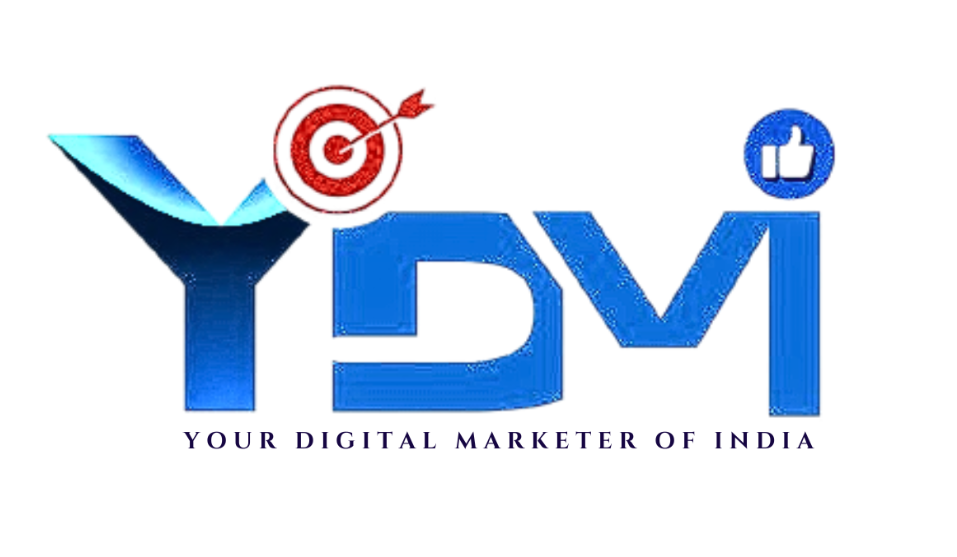Digital Marketing AI: The Future of Intelligent Advertising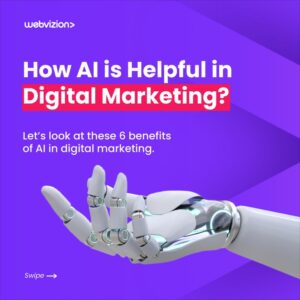
In today’s fast-paced online world, Artificial Intelligence (AI) is revolutionizing the way businesses approach digital marketing. From personalized content to smart ad targeting and automation, AI is reshaping strategies, saving time, and boosting ROI like never before.
Whether you’re a startup or a well-established brand, understanding how AI is changing digital marketing is essential to stay ahead in the competitive digital space.
What is AI in Digital Marketing?
AI in digital marketing refers to the use of intelligent algorithms and machine learning to automate, optimize, and personalize marketing tasks. AI can analyze large datasets, predict customer behavior, and provide insights that help marketers make data-driven decisions.
Benefits of AI in Digital Marketing
1. Personalization at Scale
AI helps marketers deliver personalized content and product recommendations to users based on their online behavior, preferences, and demographics. This increases engagement, conversion rates, and customer satisfaction.
2. Automated Customer Support
AI-powered chatbots provide instant responses, solve customer queries 24/7, and improve user experience without human intervention.
3. Smarter Advertising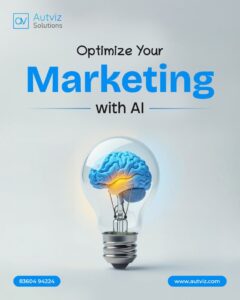
AI tools like Google Ads Smart Bidding or Facebook AI Targeting help optimize ad campaigns in real-time, ensuring better ROI and budget utilization.
4. Predictive Analytics
AI can predict customer actions such as purchasing decisions, allowing businesses to target the right audience at the right time with the right message.
5. Content Creation & Optimization
AI tools like ChatGPT, Copy.ai, or Jasper assist marketers in creating blog posts, emails, social media content, and even SEO-optimized product descriptions.
Top AI Tools in Digital Marketing (2025)
-
ChatGPT / Jasper AI – For content creation and automation.
-
Surfer SEO – For SEO optimization and content analysis.
-
HubSpot AI – For email automation and lead scoring.
-
Google AI Tools – For ad automation and audience targeting.
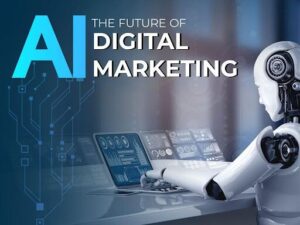
-
Pictory / Lumen5 – AI-powered video marketing tools.
-
Drift – Conversational marketing using AI chatbots.
How AI is Used in Different Digital Marketing Channels
1. SEO (Search Engine Optimization)
AI can suggest high-ranking keywords, analyze competitor websites, and optimize meta tags. Tools like SEMrush, Ahrefs, and Surfer SEO use AI for smarter strategies.
2. Email Marketing
AI helps automate personalized email campaigns based on user behavior, increasing open rates and click-throughs.
3. Social Media Marketing
AI tools analyze audience engagement and schedule posts at optimal times. They also assist in trend detection and content suggestions.
4. Pay-Per-Click (PPC)
With AI-driven bidding strategies, ads are shown to the most relevant users, reducing ad spend and increasing ROI.
Challenges of Using AI in Digital Marketing
-
Data Privacy Concerns: Misuse or mishandling of data can damage trust.
-
High Initial Costs: Some AI tools require a significant investment.
-
Skill Gaps: Not all marketers are trained to use AI tools effectively.
-
Overdependence on Automation: It may reduce human creativity in content and campaigns.
Future Trends of AI in Digital Marketing
-
Voice Search Optimization
-
AI-Generated Videos and Visual Content
-
Emotion AI (Understanding user emotions through AI)
-
Hyper-Personalization
-
Augmented Reality (AR) + AI Integration
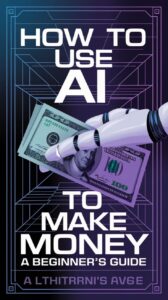
AI is not replacing digital marketers — it’s enhancing their capabilities. The future belongs to those who know how to use AI as a tool, not a replacement.
Conclusion
AI is no longer a luxury in digital marketing — it’s a necessity. From smarter targeting to content automation, AI helps brands grow faster, make better decisions, and connect more deeply with their audience. As we move further into 2025 and beyond, adopting AI will be critical to staying competitive in the digital landscape.
